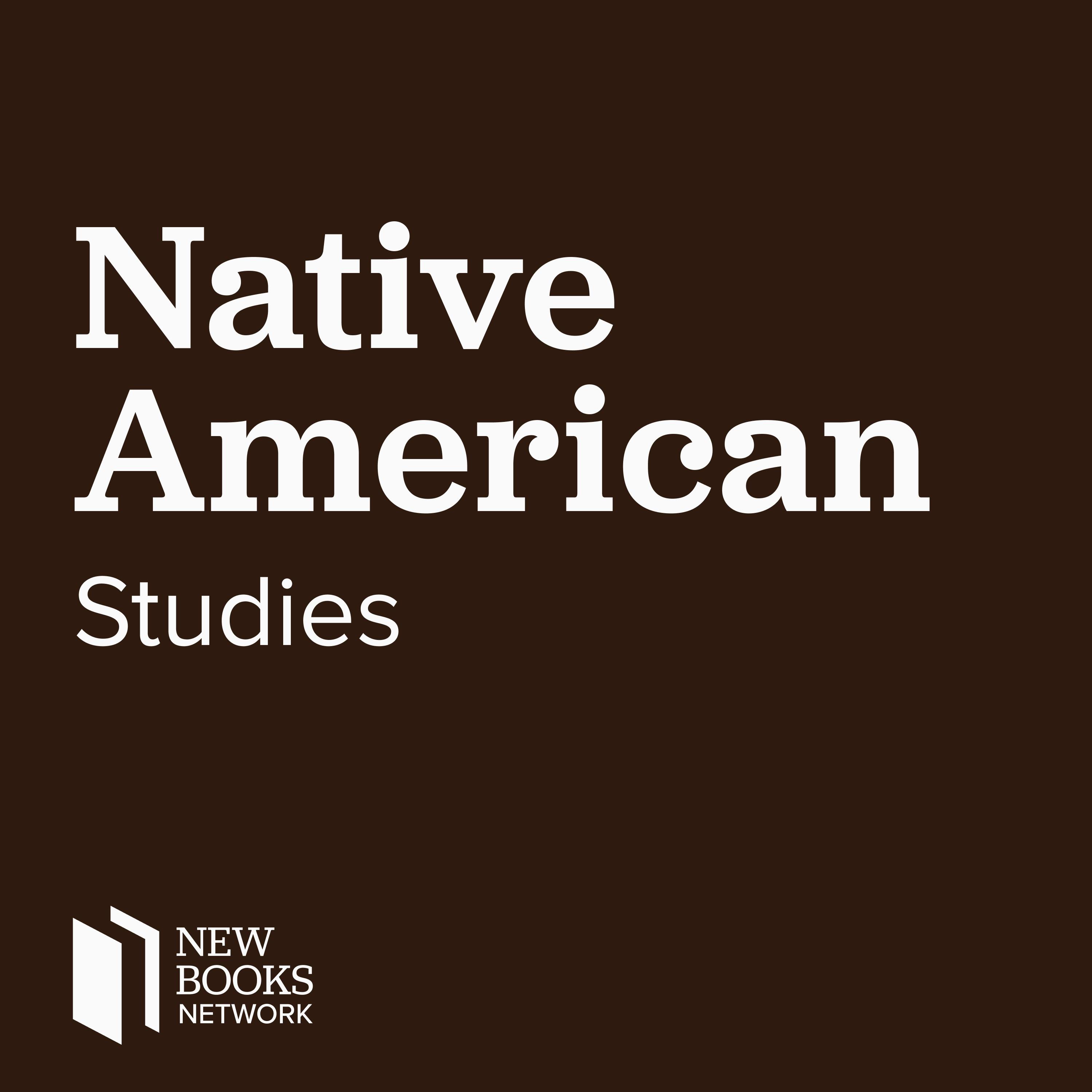Robert Michael Morrissey, "People of the Ecotone: Environment and Indigenous Power at the Center of Early America" (U Washington Press, 2022)
Description
By putting the Midwest at the center of Vast Early America, University of Illinois historian Robert Morrissey reconfigures the power dynamics in the story of North America during the era of colonialism. In his award-winning People of the Ecotone: Environment and Indigenous Power at the Center of Early America (U Washington Press, 2022), Morrissey tells a story that centers the edge - the places where the vast American prairies meet the forests of the Great Lakes. This "ecotone" region is a zone of environmental wealth and dynamism, where successive Native societies were able to build powerful societies based on an understanding of the region's ecologies. Rather than European empires of eastern Native people like the Iroquois acting upon people at the center of the continent, Morrissey centers the Meskwaki, the Illiniwek, and other groups usually kept at the margins of the story. By combining ethnohistory, environmental history, and colonial history, People of the Ecotone tells a genuinely new story that shifts our perspective of who and what matters in early American history in unexpected ways.
Dr. Stephen R. Hausmann is an assistant professor of history at the University of St. Thomas in Minnesota and is the Assistant Director of the American Society for Environmental History.
Learn more about your ad choices. Visit megaphone.fm/adchoices
Support our show by becoming a premium member! https://newbooksnetwork.supportingcast.fm/native-american-studies
More Episodes
Historians of the American South have come to consider the mechanization and consolidation of cotton farming—the “Southern enclosure movement”—to be a watershed event in the region’s history. In the decades after World War II, this transition pushed innumerable sharecroppers, tenant farmers, and...
Published 04/28/24
How do bureaucratic documents create and reproduce a state’s capacity to see? What kinds of worlds do documents help create? Further, how might such documentary practices and settler colonial ways of seeing be refused?
Settler Colonial Ways of Seeing: Documentation, Administration, and the...
Published 04/23/24
The past several decades have seen a massive shift in debates over who owns and has the right to tell Native American history and stories. For centuries, non-Native actors have collected, stolen, sequestered, and gained value from Native stories and documents, human remains, and sacred objects....
Published 04/18/24


